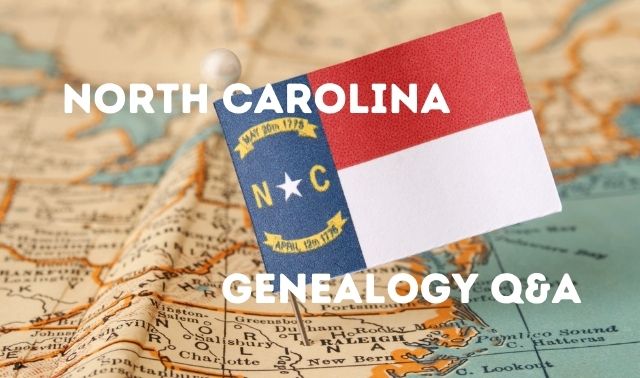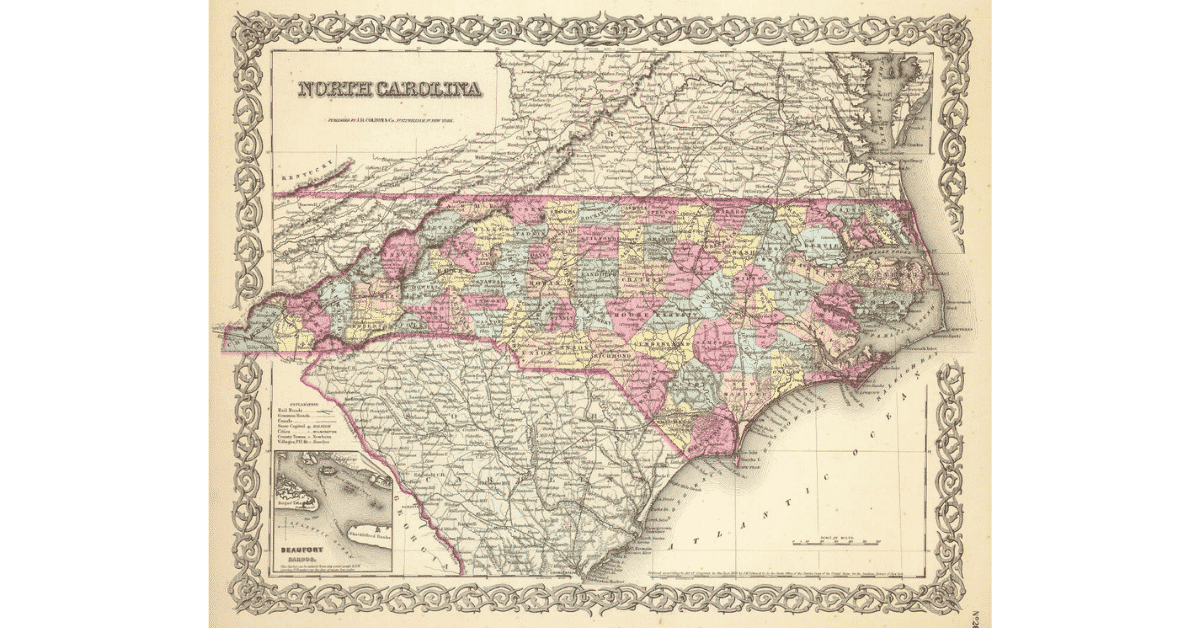Sign up for the Family Tree Newsletter! Plus, you’ll receive our 10 Essential Genealogy Research Forms PDF as a special thank you.
Get Your Free Genealogy Forms
"*" indicates required fields
Q. My great-great-grandfather James W. Crutchfield was born in Orange County, NC, on July 6, 1811. I can’t find his parents or siblings.
He was married to Sallie P. Jones in 1841 in North Carolina, and I can find no record of that, although I can find a previous marriage to Lavinia Lashley in 1836. Since censuses don’t list names other than the head of household before 1850, I can’t go by that. How can I find information about James?
A. Consider several questions first. How do you know James W. Crutchfield’s date and place of birth?
Where did you get that information? Tombstone, family Bible, etc.? Consider the reliability of the source(s).
How do you know Sallie P. Jones was his second wife and the supposed year of that marriage? Have you studied the statewide marriage records for all Crutchfields during the period to look for possible relatives of James? Have you looked for James in all censuses during the time when he could have been a head of household? Have you studied existing 1810, 1820 and 1830 censuses for all Crutchfield households in North Carolina, especially Orange and surrounding counties, for families that may be James’ parents and siblings? If there are Crutchfields in those censuses, have you studied them? Have you studied records of Alamance and Durham counties, which were created out of Orange?
Second, you have identified at least three problems for which you’d like answers:
- identifying James’s siblings
- identifying his parents
- finding evidence of his second marriage
You may need to address these separately, one at a time. Although I don’t know what else you know about James and how much research you have done on him, I suggest the following:
- A helpful tool in studying any ancestor is a chronological profile of that person’s life. In the case of James, list in chronological order everything you know about him along with the sources that gave you each piece of information. Consider the reliability of each source. Most genealogical problems are solved through the use of original records and records contemporary with the events in the ancestor’s life. Use the list of what you know about James to help you study him further. The known events in his life and the date and place of each are the places in which to look for him in further records.
- Look for James in these places in (a) records he created (such as buying or selling land), (b) records created about him (such as widow’s pension or probate records), and (c) records that mention him in other capacities (such as witness, surety, or neighbor of someone else). Consult references such as Ancestry’s Red Book (now part of Ancestry.com’s free wiki) and Helen Leary’s North Carolina Research (North Carolina Genealogical Society) for ideas about available sources in North Carolina and your specific counties. This kind of search may involve not only reading indexes to records, but also reading page by page through such things as deed, probate, court, and tax records.
- Study James’s children as thoroughly as possible in historical records.
- While reading these records, develop a list of people with whom James associated—children, neighbors, friends, people for whom he witnessed documents, people who witnessed his documents, etc. Many people with whom ancestors interacted were their relatives and in-laws. Developing and studying this list of people may help you identify possible relatives or in-laws. This could lead you to his siblings and/or parents.
- Keep an open mind to all kinds of potential answers. Be open to looking at records in neighboring counties. As you study the records, record the source of every piece of information you accumulate and make note of records that do not give you information. You may or may not find records that say “James W. Crutchfield was son of …” or “brother of …” or “married on xxx date.” You may need to piece together the answers from different records. That’s often the case in genealogy, but it’s the way we learn lots about our ancestors.
Best wishes for your successful searching. For more information about the process of genealogy and discovering hard-to-find ancestors, see The Family Tree Problem Solver. If you’re looking to dig into your North Carolina research, be sure to sign up for our North Carolina Genealogy Crash Course, which begins Monday, May 7.
For help with North Carolina genealogy research, see Family Tree Magazine‘s North Carolina Research Guide digital download, just $3.




